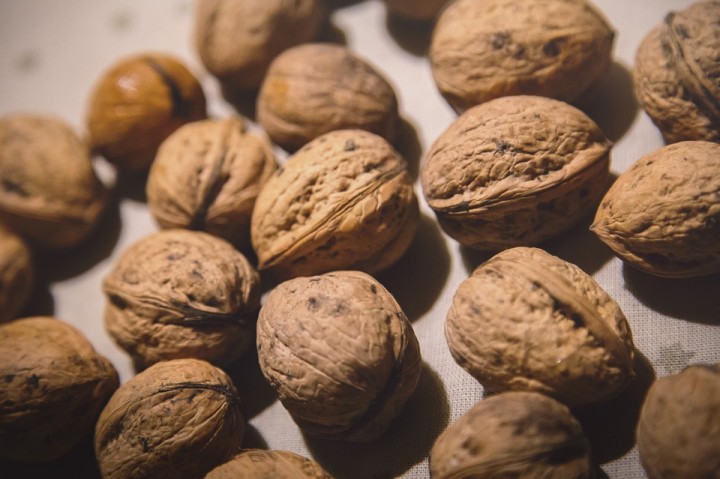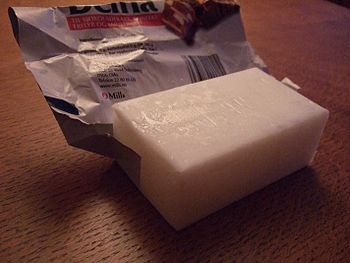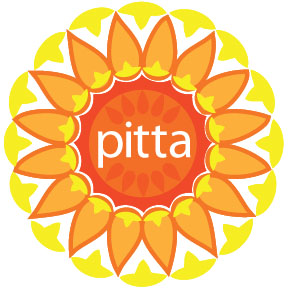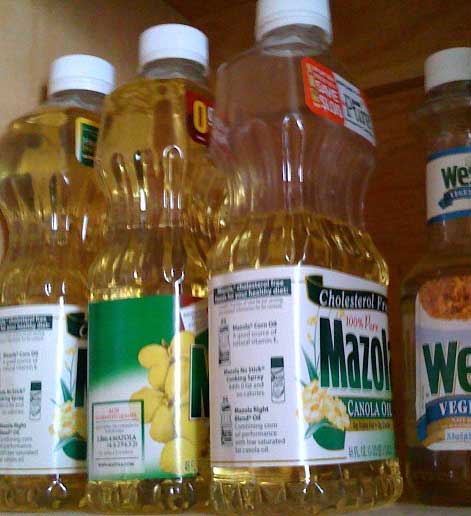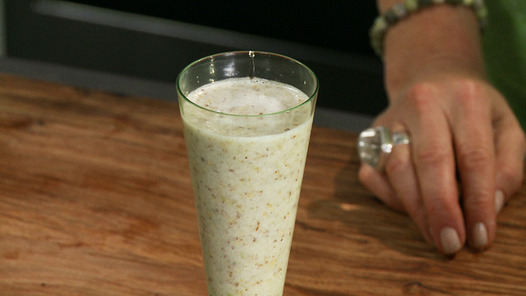
(NaturalHealth365) High blood pressure, also known as hypertension, affects one in three Americans and greatly increases the risk of developing life-threatening conditions such as heart attack, stroke, aneurysm and kidney disease. Risk factors for hypertension include physical inactivity, obesity, tobacco use, stress and poor diet. Yet, conventionally-trained doctors only offer a host of medications to control high blood pressure featuring serious side effects including, weakness, headaches, swelling, flushing and breathing difficulties. There IS a much safer way to lower blood pressure Blood pressure can often be lowered with lifestyle changes such as regular exercise, stress management and – most importantly – nutrition. The foods listed below can help you dramatically reduce your blood pressure – naturally. In fact, when used properly, they can equal the […] Read More

